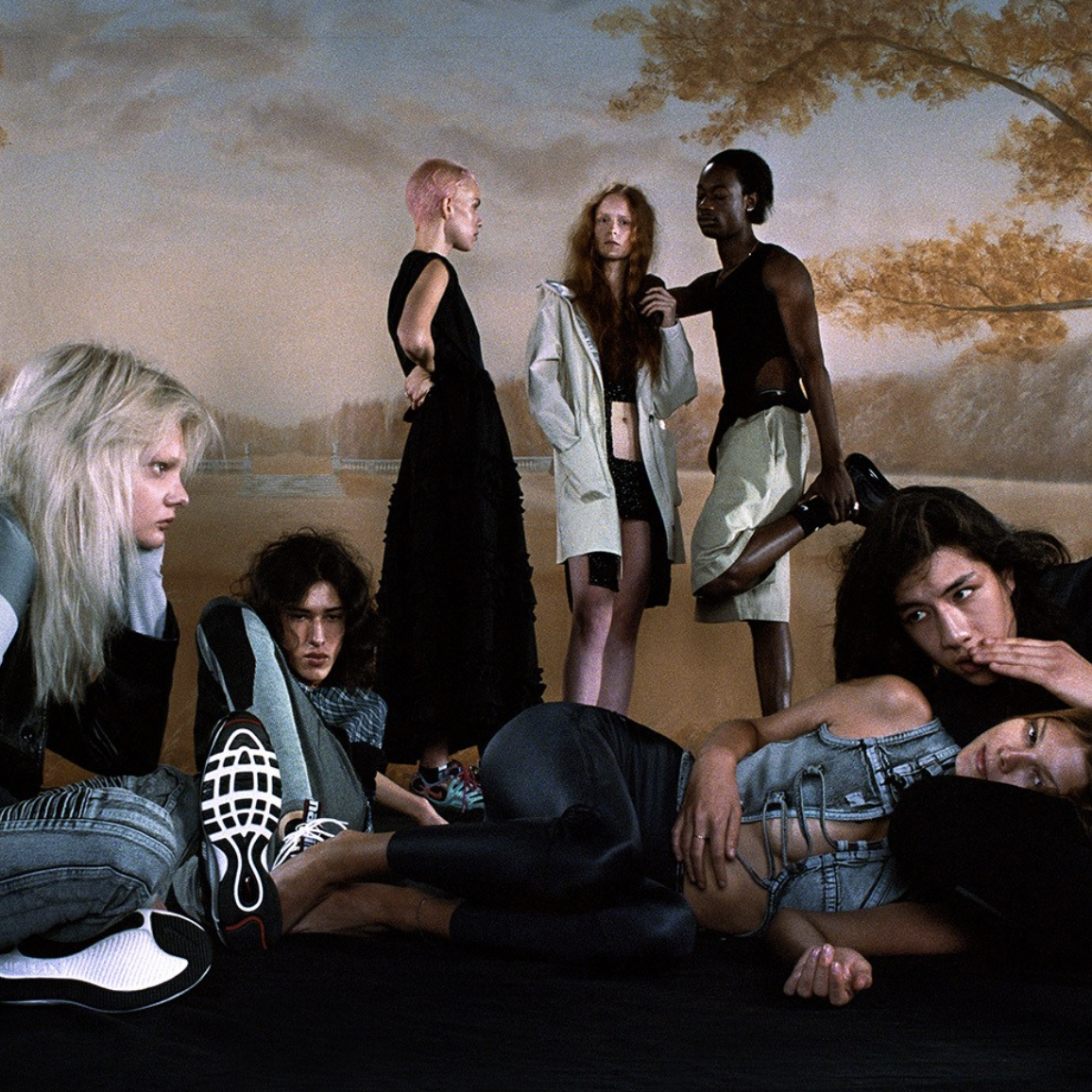The buyers journey for a modern consumer is a new consideration for each purchase — brands have to innovate to continue winning purchases and developing loyalty authentically.
Values Driven Shopping
The way that products are created and how brands move is important to modern consumers.
They want to learn and understand who they’re buying from. In the luxury segment there is generally a lack of transparency regarding product development and sustainability practices.
For modern consumers they want to feel connected with brands — to purchase something as personal as jewelery, there is a feeling of representation and affiliating with brands that they consider, and may actually feel connected to.
A diamond purchase may be for an engagement, and when looking at the right semi mount and diamond, the main considerations may just be the clarity, carat, color and cut of the diamond. For modern consumers the 4C’s are still important, but if they had to choose where they are spending their money, they may consider whether a brand engages in sustainable practices.
This eco-intelligence will continue to be a trend as consumers are becoming increasingly more aware of what is important regarding their values and their non-negotiables. How brands are communicating their values to consumers will influence purchasing decisions as there is a new type of values driven shopping that occurs where consumers seek alignment with a brand’s values in comparison with their own.

Consumers are looking at products like diamond jewelry and may be trying to understand what is it that drives the company and their product development. Is the brand just a large conglomerate, or are they actually trying to build for us as a society?
Global Awareness
Global luxury brands have an impact on more then just fashion — there is an expectation regarding social justice and sustainability practices that influences brand perception for modern consumers.
Consumers have recently experienced the trials and tribulations of global events, with the world being so connected via social media and technology, this allows consumers to view images and receive news just minutes after anything significant happens — both good and bad.
There is a new narrative with consumers and how they are empowered to make an impact on the world. The access to information and global awareness has made consumers acutely aware of the problems that the world is facing.
This generation wants to make a positive impact on the world and their global awareness will have an impact on what, how and who they buy their garments and jewelry from. Consumers in this day and age care about the world, the environment, and social awareness. They will support brands and products that do the same.
As a luxury brand, it is worth considering contributing to charities, providing information on product development and raw materials sourcing, and being fully transparent as an evangelist for sustainability and global awareness.
It is no secret that there are implications relating to environmental toxins and being green, regarding manufacturing practices. Modern consumers will be conscious that clothing and jewelry manufacturing can be toxic, and they will think about where products may have come from. They are more conscious about what goes into the things they buy. As a modern luxury brand, it is worth considering looking into greener manufacturing practices and ethically sourced raw materials — brands that don’t may be behind the ball for this generations shoppers as they are considering where they are shopping for luxury products.

Consumers are touchier then ever regarding sustainability and authenticity. Brands that truly practice sustainability will be recognized if it’s really who they are
Embracing Diversity
A sustainable approach to diversity and inclusion requires incorporating new knowledge about the root causes of societal biases and addressing the current social and organizational issues that exist.
Diversity and inclusion are vital to any company’s sustainability efforts. When looking at luxury brands and how consumers view their brand, embracing diversity can improve productivity and efficiency, support better decision-making, and make it easier to adopt structural and operational changes that benefit people, the planet, and their bottom line.
A contextual example: while traditional bridal transactions may decrease with this generation, non-traditional wedding jewelry is just getting started. This generation embraces diversity and has come of age and is developing buying power when same-sex marriage has recently become legal.
There is an opportunity for growth here, although the industry as a whole is lagging in its marketing to same-sex couples and even to heterosexual couples who make decisions together. Instead, the industry still focuses on the traditional male buyer.
Jewelry brands, as well as luxury brands in general, that embrace diversity will be viewed as progressive and sustainable in the sense that they are transforming and adapting to the modern consumer — speaking to what their wants and needs are.

About the Author
Mark Pumper is the Founder and Director of Espyus. With extensive experience working alongside brands ranging from pre-launch startups to established enterprises, Mark’s mission is to harness the power of design and technology to help founders, disruptors, and visionaries stand out at the intersection of culture, community, and commerce. A creative strategist, designer, and developer, Mark has spent over a decade delivering immersive digital experiences from interactive design to eCommerce solutions and integrated campaigns. In his free time, he loves to explore philosophical topics, study proverbs, try new restaurants in New York, and spontaneously FaceTime his friends.
About Espyus
Espyus helps brands achieve their next level of distinction through technology-driven creative solutions. We build modern eCommerce experiences, brand platforms, and digital strategies that enable founders, disruptors, and visionaries to thrive at the intersection of culture, community, and commerce.
Ready to engage customers with your next big idea? We’re here to help! To set up a brainstorming session, contact us today m@espyus.com.
